The views expressed in our content reflect individual perspectives and do not represent the authoritative views of the Baha'i Faith.
If you mention the Baha’i term “house of justice,” people might think of a courtroom with a judge and jury, defender and prosecutor who enforce criminal or civil law.
But religious courts also exist, tribunals where issues are brought, heard and adjudicated. Some Muslim countries follow Sharia law, for example, although other faiths have their versions as well. Tribal communities have long had courts, often governed by a chieftain or perhaps a council of wise elders, who pronounced judgment on the issue at hand. In America today, many Native Americans have tribal sovereignty, and resolve disputes and controversies themselves, usually in the context of an elected or appointed tribal council. In modern times, venues for arbitration with a findings judge, mediator or arbitrator are also common, where the parties agree in advance to abide by the outcome.
In a Baha’i context, though, justice happens democratically. Baha’is have no clergy, so Baha’i communities democratically elect their leadership, establishing a house of justice at local, national or international levels. Each Baha’i election, held in a dignified spiritual atmosphere and free of nominations, campaigning, electioneering or politics, affords every adult Baha’i with the right and the opportunity to vote for those nine members who their conscience tells them will do the best job applying the Baha’i principles in their service to the community.
A house of justice contains no appointed individuals, although the house itself may appoint committees, task forces, boards or individuals to carry out certain tasks. All Baha’i houses of justice derive their authority, functions, duties and context from the Baha’i writings—in other words, they were ordained by Baha’u’llah, the prophet and founder of the Baha’i Faith, and not invented or instituted later by the Baha’is themselves. Since the time of Abdu’l Baha, these houses of justice have held the temporary appellation “Spiritual Assembly” at the local and national levels. The Universal House of Justice, universally elected, guides the affairs of all Baha’is worldwide.
In his Most Holy Book, Baha’u’llah proscribed:
The Lord hath ordained that in every city a House of Justice be established wherein shall gather counselors to the number of Baha [9], and should it exceed this number it doth not matter.
The elected Baha’is that take counsel together “…should feel as if they were entering the Presence of God, inasmuch as this binding command hath flowed from the Pen of Him Who is the Ancient of Days. The glances of God are directed towards this Assembly.” – p. 30.
The Baha’i writings describe these elected counselors as “the trusted ones” and ask them to guard all humanity, applying the wisdom of the Golden Rule to everyone:
It behooveth them to be the trusted ones of the Merciful among men and to regard themselves as the guardians appointed of God for all that dwell on earth. It is incumbent upon them to take counsel together and to have regard for the interests of the servants of God, for His sake, even as they regard their own interests, and to choose that which is meet and seemly. – Ibid.
Surely when we elect our civil or secular leaders, we would hope that they have our interests at heart, as the above quotation states—but many don’t. This is understandable when the higher power they ascribe to is man’s laws and not God’s; and when corruption lures many into public service for their own personal gain.
So how do these Baha’i houses of justice work?
The Most Holy Book is the Book to which all peoples shall refer, and in it the Laws of God have been revealed. Laws not mentioned in the Book should be referred to the decision of the Universal House of Justice. – Abdu’l-Baha, from a letter to an individual Baha’i, cited in Wellsprings of Guidance, Messages from the Universal House of Justice 1963-1968, p. 47.
For those elected counselors who gather together to make decisions and administer justice, referring to the Baha’i writings also means consulting those by Abdu’l-Baha and Shoghi Effendi, both authorized interpreters and heads of the Faith during their lifetimes. Those writings are comprised of tens of thousands of documents in addition to Baha’u’llah’s own vast recorded utterances and those he wrote himself.
Throughout human history religion has always played a major role. But never before have we had the breadth and extent of sacred writings to support a new way of living together on this planet. As Baha’is view the future of humanity, the social order will be revolutionized with houses of justice in every city, and counselors who rely on the word of God to come to just and fair decisions. We’ve already seen this in a few parts of the world today, where Baha’i Local Spiritual Assemblies are trusted to guide and direct the spiritual affairs of their communities, even when they’re composed of more than Baha’is.
In the future, the Universal House of Justice has written:
… as the position and aims of the Baha’i Faith are better understood and more fully recognized, [the term Spiritual Assembly] will gradually be superseded by the permanent and more appropriate designation of House of Justice. – Shoghi Effendi, The World Order of Baha’u’llah, p. 6.
These nascent houses of justice exist now, in your community or one nearby. If you’d like to get to know this unique new system of justice better, please visit your local Baha’i community to see how they work.




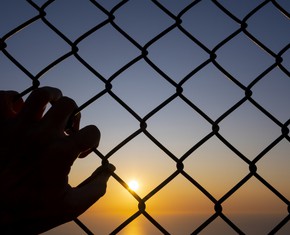

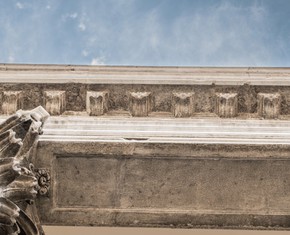


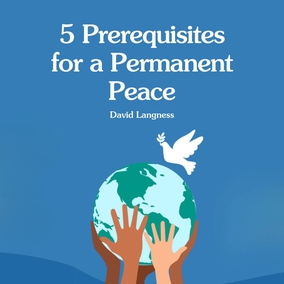
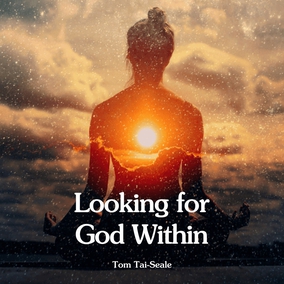

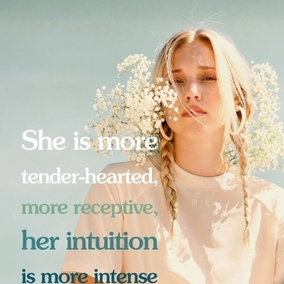

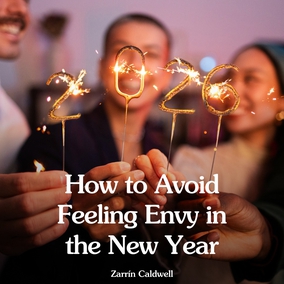

Comments
Sign in or create an account
Continue with Googleor